- Make It Yourself Lavender Heart-Shaped Bath Bombs!
- 20 Things You Never Knew About “Down There”
- 12 Best Foods For Those Suffering From Arthritis Pain
- 12 Personal Hygiene Mistakes Almost Everyone Makes (Mom Never Told You About #4!)
- 15 Medicinal Plants And Herbs From The Cherokee People
- 12 Mind-Blowing Benefits Of Drinking Coconut Water During Pregnancy
- 12 Outstanding Winter Foods That Won’t Fatten You Up Like A Christmas Turkey
12 Natural Ways To Treat Digestive Problems (Who Doesn’t Love #9?!)
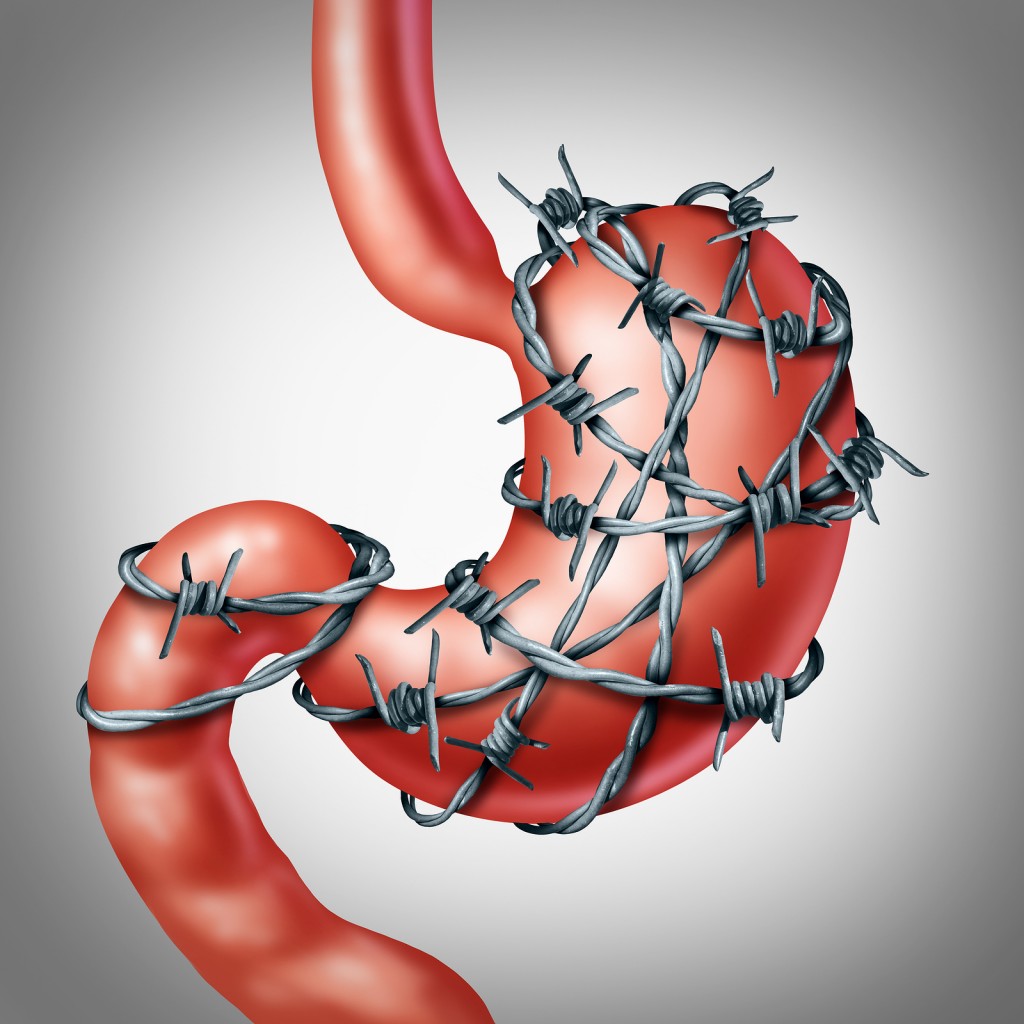
Photo credit: bigstock.com
Digestive problems are common and quite varied. Since we must eat daily for good health, any type of digestive problem can cause serious discomfort.
More than 60 million Americans are believed to suffer from some sort of digestive problem, according to the National Institute of Diabetes and Digestive and Kidney Diseases.
Some of the more common symptoms of digestive issues include heartburn, IBS, lactose intolerance, peptic ulcers, acid reflux, diarrhea, constipation, gas, bloating, indigestion, food intolerances, IBD, and celiac disease.
The root cause of many digestive problems are a poor diet; but there are other factors, including improper hygiene, lack of sleep, dehydration, stress, feelings of anxiety, lack of exercise, smoking, excessive alcohol consumption, and dehydration.
There are multiple digestive problems, so you should first see a doctor for a proper diagnosis. But before you take any prescription drugs that might make the problem worse, try some of the following natural methods!
Keep reading and find 12 completely natural ways that you can tame those digestive problems and feel great after every meal!
1. Berberine
This little known herb from China is a natural antibiotic, making it perfect for killing the H. pylori bug that causes ulcers and stomach cancer, but it also has powerful anti-viral an antifungal compounds that can fight off a wide variety of digestive problems, including an overgrowth of Candida. Berberine is also a natural anti-inflammatory, which can help stop gas, cramps, bloating, general stomach pain, and diarrhea. A common dose is 300 mg consumed three times a day for a total of 900 mg each day. If you are taking any prescription medications, or if you are under a doctor’s care for any reason, please consult with your physician to be certain of no drug interactions.
Continue to Page 2
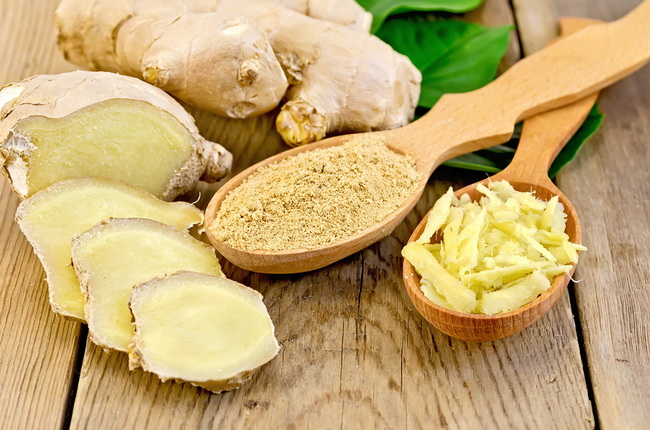
Photo credit: bigstock.com
2. Ginger
Ginger is one of the most soothing, calming substances you can take to ease many common digestive problems. Ginger stimulates the flow of enzymes and digestive juices that the body needs to properly digest food. Ginger can stop nausea, indigestion, bloating, diarrhea, vomiting, and gas. Ginger also has antibacterial, anti-inflammatory, anti-viral, and carminative compounds that can go a long way toward stopping a wide variety of digestive problems.
Drink two or three cups of fresh ginger root tea each day, or chew on small pieces of fresh ginger root after each meal for best results.
Continue to Page 3

Photo credit: bigstock.com
3. Slippery Elm
This herb has been used for hundreds of years by Native Americans to ease the pain of sore throats and stop digestive problems.
Slippery elm is a demulcent, which means that it coats and soothes the mouth, throat, and entire digestive tract. You can find slippery elm in a wide variety of “natural” stomach aides that are sold in health food and naturalistic stores.
Take according to package directions. It might take two months before you begin to see results.
Continue to Page 4
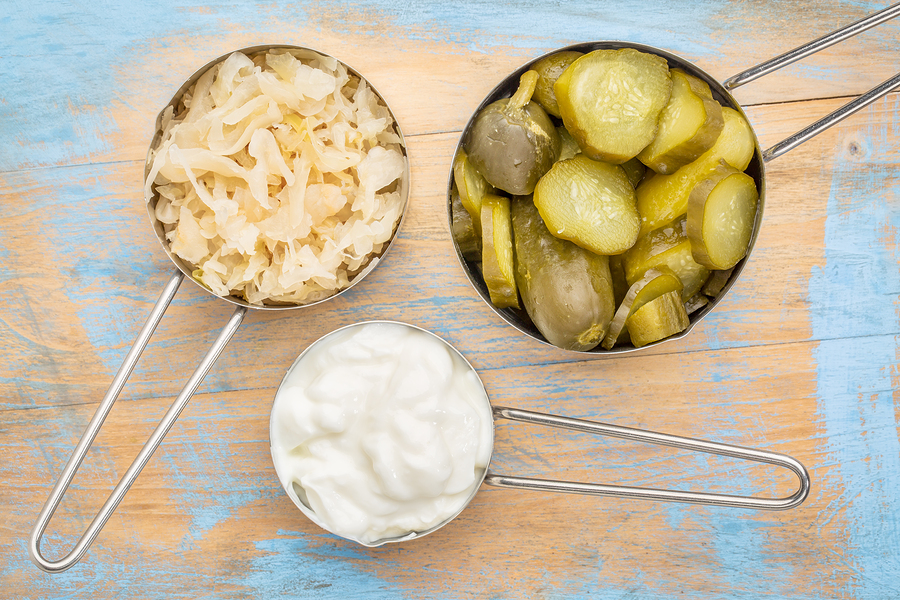
Photo credit: bigstock.com
4. Probiotics
Your entire digestive system is made up of both good and bad bacteria. The good should outweigh the bad, but in our modern sugar-filled, acidic diets, the bad guys sometimes get the upper hand. Taking probiotics can help to restore your natural balance of gut bacteria.
In one study, published in the Therapeutic Advances in Gastroenterology in 2010, probiotics, either lactobacillus or bifidobacterium, or a combination of the two, were shown to be very effective in helping to treat digestive issues. Of course, there are plenty of probiotic supplements on the market, but why not try eating more natural foods that contain plenty of probiotics? Some of the best sources include kefir, miso, pickles, sauerkraut, tempeh, Greek yogurt, and buttermilk.
Continue to Page 5
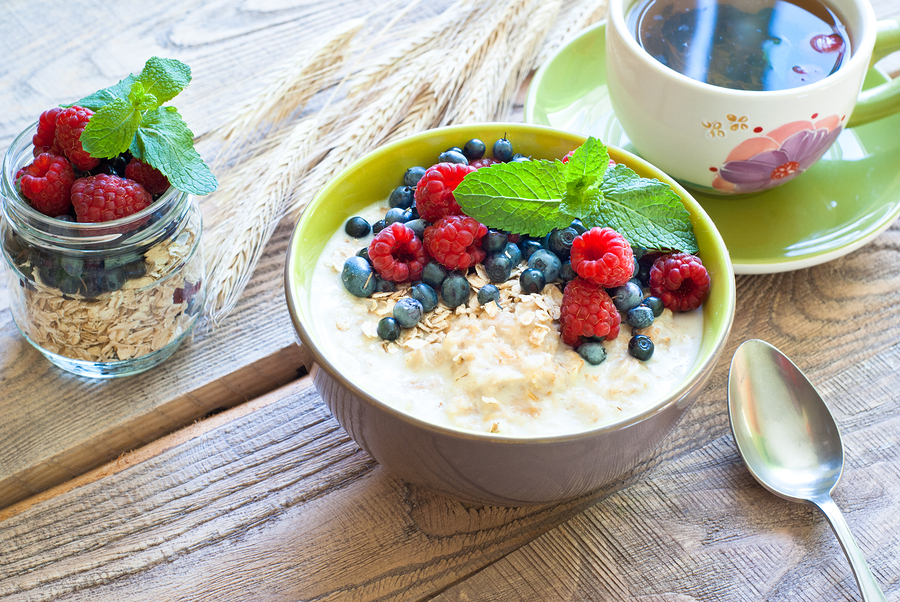
Photo credit: bigstock.com
5. Oatmeal
Oatmeal is super high in fiber, which feeds the healthy bacteria in the gut. A high fiber diet also cuts your risk of developing colorectal cancer. Fiber helps maintain regular bowel movements and is one of the most known constipation home remedies. Oatmeal also reduces heartburn and nausea symptoms that often come from GERD.
READ ALSO: 12 Super Tips to Improve Your Digestion and Improve Your Life!
Adding oatmeal to your daily diet can give your digestive system a “break” as it is very easy to digest. Start your day off with a bowl of oatmeal and nuts for improved digestion all day long.
Continue to Page 6
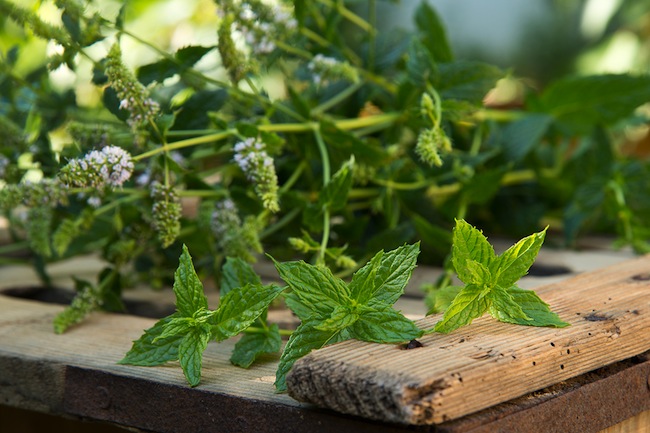
Photo credit: bigstock.com
6. Peppermint
Well-known for easing digestive problems, peppermint can stop gas, bloating, nausea, cramps, and vomiting with its antispasmodic and anti-inflammatory compounds. In addition to calming an upset tummy, peppermint can speed healing in the entire digestive system.
Try drinking peppermint tea two or three times each day.
You can also add fresh peppermint leaves to salads and other drinks for a refreshing taste. There are also enteric-coated peppermint oil capsules that you can take three times a day.
Continue to Page 7

Photo credit: bigstock.com
7. Aloe Vera
Although aloe vera has powerful laxative compounds, it can also support the overall proper functioning of the entire digestive system.
Aloe vera contains compounds called polysaccharides that can help to treat digestive problems, including stomach ulcers. Aloe vera gel contains anti-viral, anti-inflammatory, antifungal, and antibacterial compounds that stop inflammation and kill off the “bad” bacteria that causes so many stomach upsets.
To use aloe vera, add two tablespoons to a glass of water, juice, or to your morning smoothie to ease many common stomach problems.
Continue to Page 8
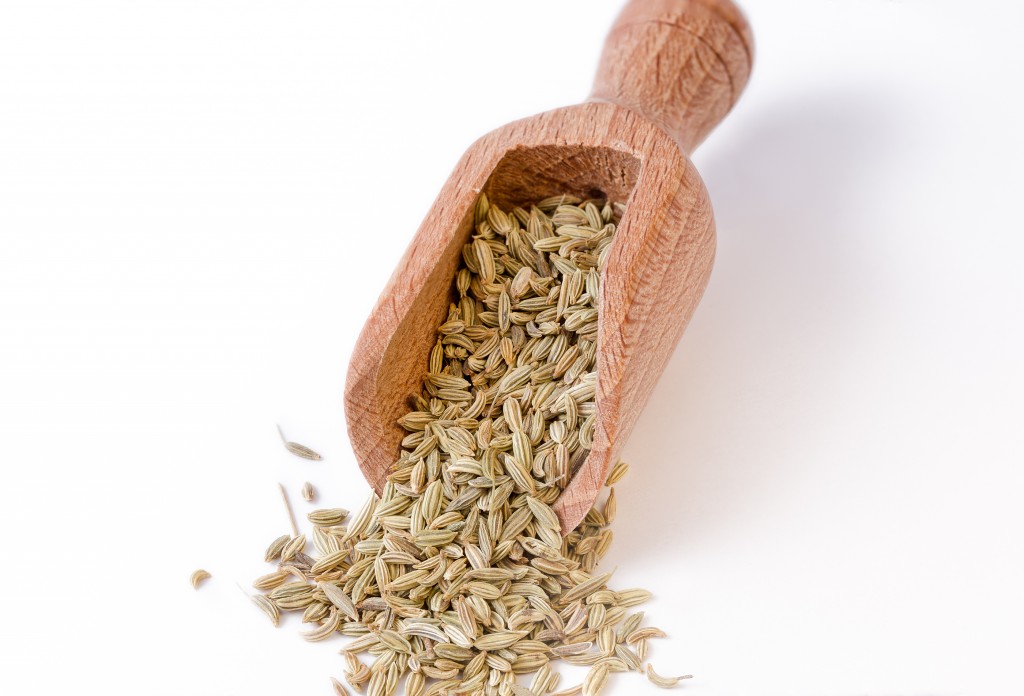
Photo credit: bigstock.com
8. Fennel Seeds
To naturally stop heartburn or indigestion, try fennel seeds. These seeds can provide almost instant relief from bloating or stomach cramps, along with other symptoms of IBS.
The journal Alternative Therapies in Health and Medicine published a study in 2003 finding that fennel seed oil decreased the intensity of colic in infants.
Chew one teaspoon of fennel seeds after each meal. You can also drink fennel tea two or three times each day.
Continue to Page 9
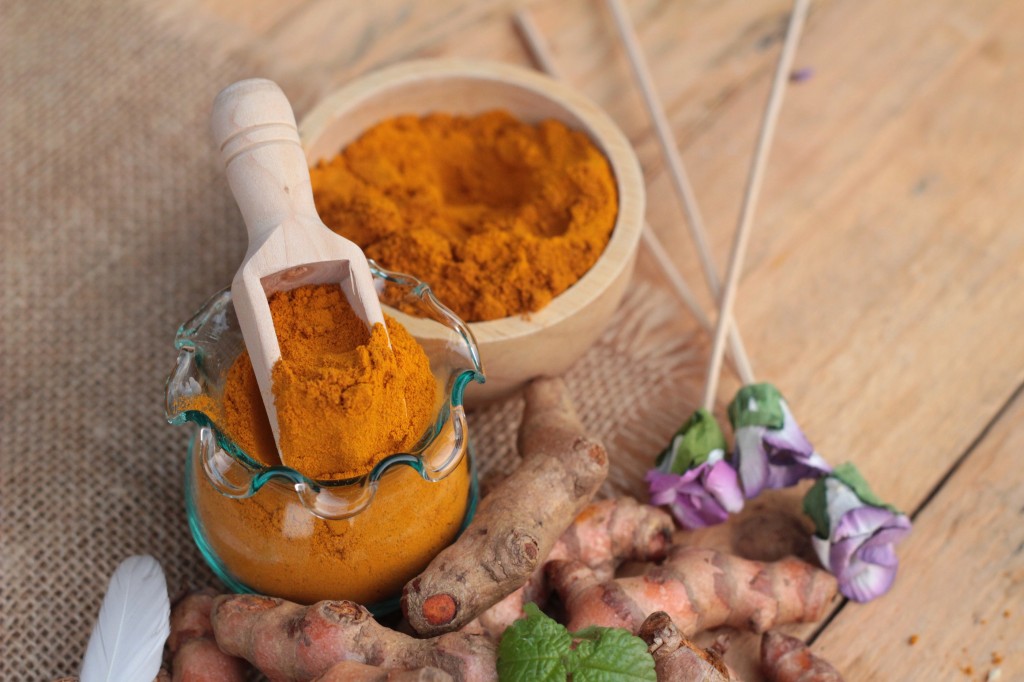
Photo credit: bigstock.com
9. Turmeric
Is there anything this little herb cannot do?! Turmeric can help ease most digestive problems as this herb stimulates the gallbladder to release more bile, breaking down fats more easily. Turmeric is also a fantastic anti-inflammatory, which reduces inflammation throughout the digestive tract. The World Journal of Gastroenterology published a study in 2013 finding that turmeric was a very effective approach for both organic and functional digestive problems and diseases. Turmeric works well in fighting peptic ulcers, IBS, GERD, and Crohn’s disease.
Mix half a teaspoon of turmeric powder in a glass of milk and drink either before or after meals to prevent digestive problems. You can also consume turmeric as a supplement, but speak to your doctor first about the proper dosage for you.
Continue to Page 10
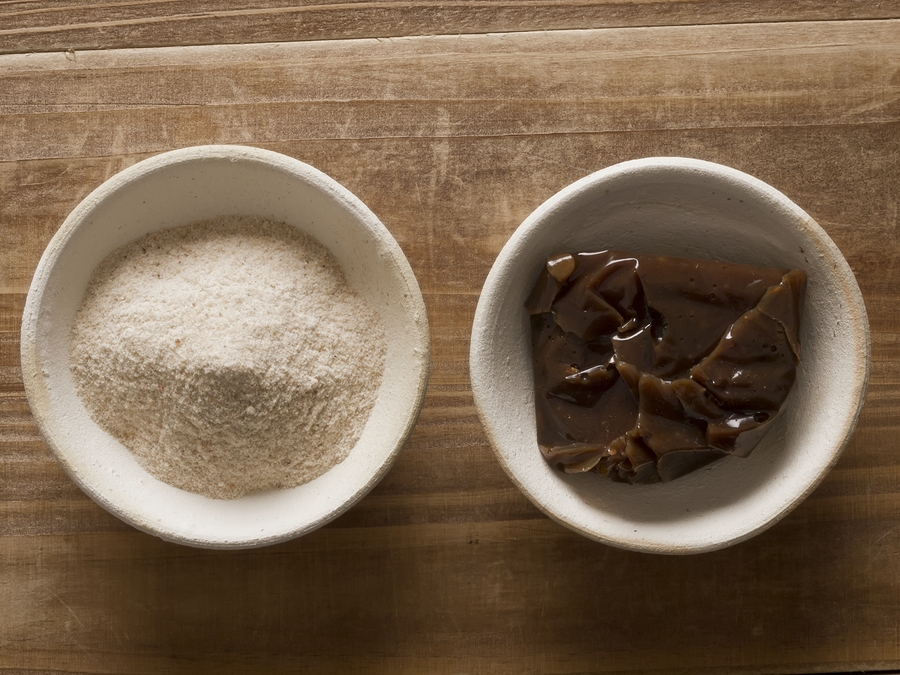
Photo credit: bigstock.com
10. Asafetida
This is a strong-smelling spice that has anti-inflammatory, antioxidant, antispasmodic, and anti-flatulent compounds that can fix just about any digestive problem you might have. Asafetida is so powerful, it can stop excessive gas, stomach pain, and even food poisoning.
Put just a pinch of asafetida in a glass of water and drink after every meal for improved digestion. You can even mix a bit of asafetida in a few drops of water and rub this paste around the navel and abdomen of small babies to stop stomach pain, colic, and gas pains.
Continue to Page 11
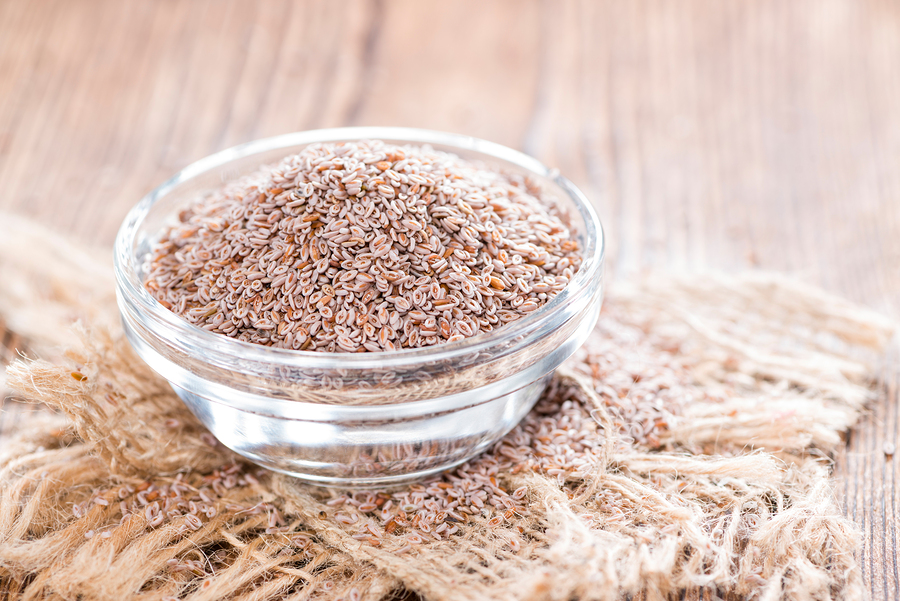
Photo credit: bigstock.com
11. Psyllium Husk
Sometimes called isabgol, psyllium encourages regular bowl movements and improves overall digestive health. This is a totally natural laxative that is full of insoluble fiber that adds bulk to the digestive system for regular bowel movements.
READ ALSO: Top 5 Reasons Why Your Digestive System is Out of Whack
Psyllium will stop constipation, bloating, and gas. Mix half a teaspoon of psyllium husk in a glass of water, juice, or milk, and drink once each day before bedtime.
Continue to Page 12
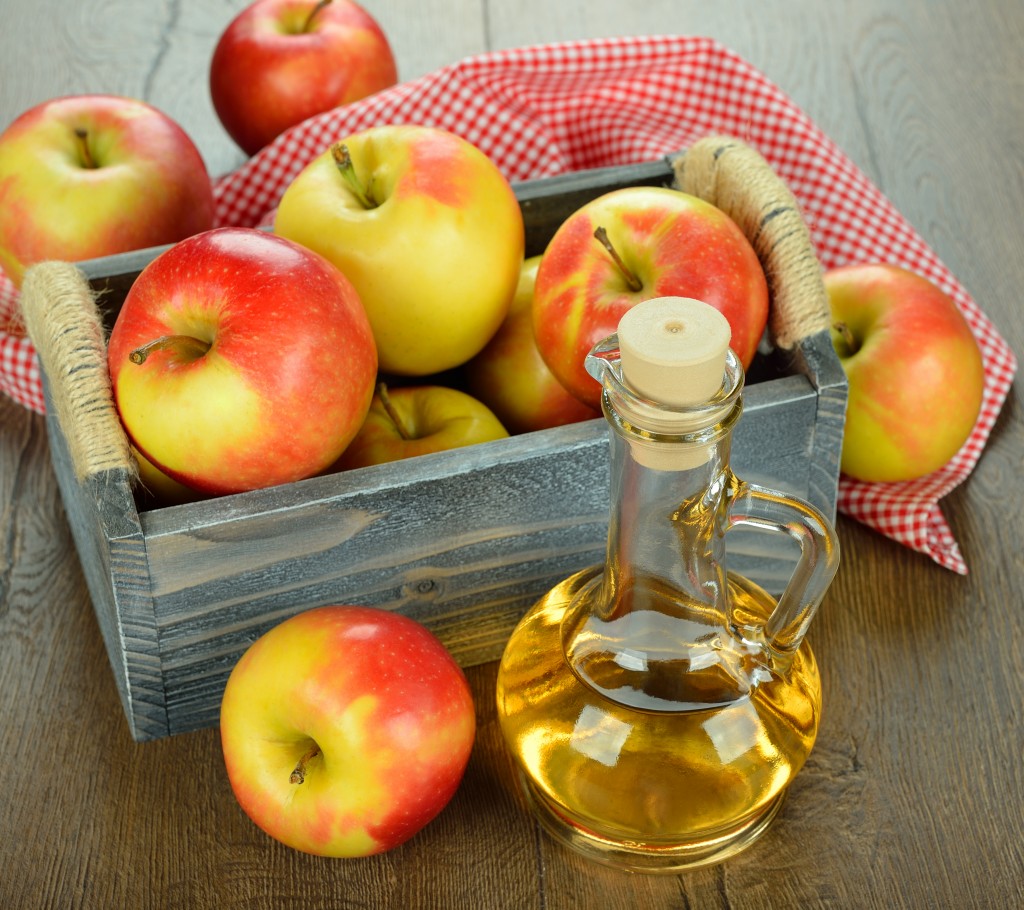
Photo credit: bigstock.com
12. Apple Cider Vinegar
Apple cider vinegar might be acidic by nature, but once consumed it turns alkaline in the body. This will help to improve digestion and stop gas, bloating, heartburn, indigestion, and general stomach pain. Apple cider vinegar also contains pectin, a water-soluble type of fiber that will help to regulate bowel movements. Mix one tablespoon of apple cider vinegar in one glass of water (add some honey if you need to), and drink twice each day.
Extra Tips:
- Practice good hygiene in the kitchen to prevent food poisoning and diarrhea
- Chew food thoroughly
- Eat plenty of fiber rich foods to encourage a healthy digestive and elimination system
- Know your digestive triggers and avoid them as much as possible
- Always drink plenty of water each day
- Get moderate exercise most days as this fights stress and improves the digestion
References:
































